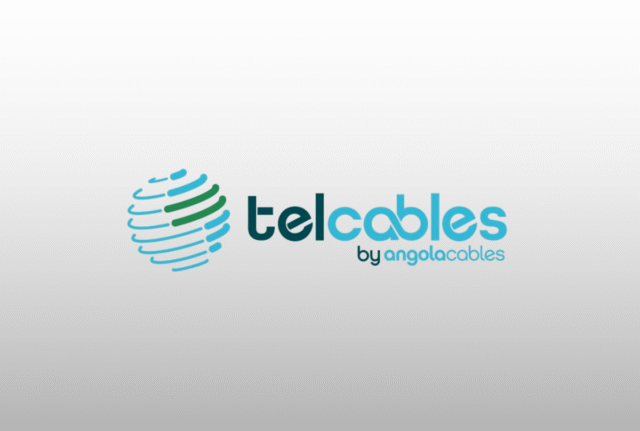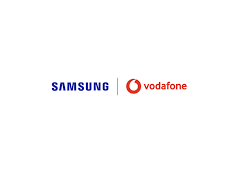As West Africa stands at the crossroads of a digital revolution, one message is becoming increasingly clear: stronger connectivity is not just a convenience, it is a necessity. TelCables Nigeria, a subsidiary of the international digital solutions provider Angola Cables, has called on governments, businesses, and service providers across the region to embrace remote peering as a pathway to better, faster, and more affordable internet.
The call comes on the eve of the African Peering and Interconnection Forum (AfPIF) 2025, taking place in Lagos, Nigeria. The event is considered one of the most influential gatherings for internet service providers, data centre operators, content delivery networks, and regional carriers in Africa. Against this backdrop, TelCables Nigeria is using its platform to remind stakeholders that remote peering has the potential to transform the way West Africa connects and does business.
Remote peering may sound like a technical term, but its impact is very real. In simple terms, it allows networks to connect directly through internet exchange points (IXPs) without the need for costly physical infrastructure in every country. For a region like West Africa—where young entrepreneurs, students, and digital professionals are constantly battling slow connections and high costs—the promise of faster, more reliable connectivity is a game changer.
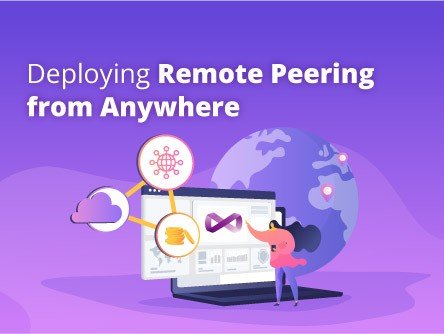
Table of Contents
Why remote peering could change everything
Israel Ogboi, Pre-Sales Engineer at TelCables Nigeria, explained during a pre-event briefing that effective peering partnerships are already driving down the cost of digital services. By bypassing expensive international transit routes and instead exchanging data closer to where it is generated, operators can cut latency and improve user experience.
“As Africa’s digital economy continues to expand, the demand for fast, reliable, and affordable access to online services and content has never been greater,” Ogboi said.
TelCables’ backbone infrastructure and extensive remote peering partnerships currently provide businesses, content providers, and service operators with low-latency access to multiple IXPs across Africa and beyond. This means a business in Lagos, for example, does not need to route its data through Europe before reaching Accra or Abidjan. Instead, traffic can stay within the continent, ensuring that customers enjoy faster connections at a lower cost.
For consumers, this could translate to smoother streaming, reliable online banking, and stable video calls. For businesses, it could mean lower operational costs, quicker access to cloud services, and the confidence to scale their digital operations without worrying about connectivity failures.
Ogboi also highlighted that TelCables’ Network-as-a-Service (NaaS) model is expanding access even further. This service allows enterprises and consumers to tap into digital platforms—from streaming to e-commerce—without the heavy investment in infrastructure that has often slowed down Africa’s digital adoption.
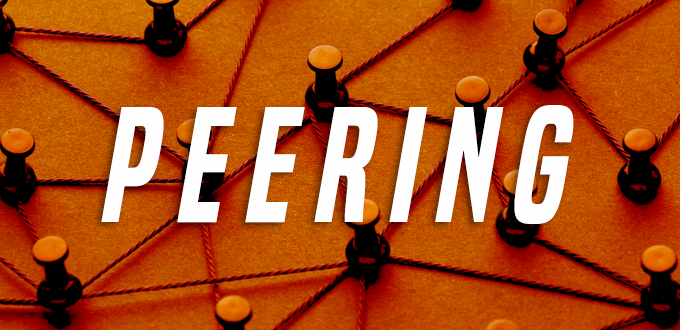
AfPIF 2025: Shaping Africa’s digital destiny
The African Peering and Interconnection Forum (AfPIF) has become the most important stage for conversations about Africa’s internet future. This year’s edition in Lagos comes at a particularly crucial time, as West Africa navigates surging demand for data, the rollout of submarine cable projects like 2Africa and Equiano, and the growing need for regional data sovereignty.
AfPIF 2025 will bring together global and regional players to discuss strategies for building a resilient digital backbone for the continent. Topics on the agenda include expanding interconnectivity, encouraging investment in local internet exchange points, and finding ways to keep African traffic within Africa rather than sending it overseas.
TelCables Nigeria is not just participating—it is positioning itself as a leading voice. According to Ogboi, the forum provides an excellent opportunity to showcase how Angola Cables’ global network and TelCables’ local expertise are transforming digital access across the continent.
“AfPIF provides us with an excellent opportunity to engage with peers, partners, and stakeholders who are collectively shaping Africa’s digital future. Our solutions, powered by Angola Cables’ global network, are transforming how businesses connect, scale, and thrive in the West African digital economy today,” he said.
Industry experts argue that this kind of collaboration is vital. Africa’s internet penetration has grown significantly in the past decade, but infrastructure bottlenecks remain a major barrier. Too often, West African businesses rely on networks in Europe or North America for data exchange, leading to high costs and delays. Remote peering, combined with strategic investment in IXPs and data centres, offers a sustainable solution.
A future built on digital resilience
For West Africa, embracing remote peering is not just about technology—it is about building resilience and economic opportunity. Stronger, cheaper, and more reliable connectivity can unlock new industries, from fintech to digital entertainment, while empowering existing sectors like education, healthcare, and agriculture.
Consider the case of Nigerian start-ups in the fintech space. Many of them depend on cloud-based applications and real-time data to deliver services like mobile payments and digital banking. With lower latency and stronger regional connections, these companies can scale faster, reduce operating costs, and compete globally.
The same applies to education. Millions of African students now rely on online learning platforms. Remote peering could help ensure that their lessons are delivered without the frustration of lagging video or interrupted downloads. In healthcare, telemedicine could become more accessible and affordable, linking doctors and patients across borders in real time.
At a broader level, keeping African traffic within Africa also strengthens data sovereignty. As countries introduce stricter data protection laws, the ability to host and exchange data locally becomes a matter of national security. Remote peering is therefore not just a technical upgrade, but a strategic decision about who controls Africa’s digital future.
As Ogboi emphasised, the task ahead is collective. Governments must create enabling regulatory frameworks, internet service providers must invest in IXPs, and businesses must be willing to adopt new models. If all these pieces fall into place, West Africa could leapfrog into a new era of digital inclusion.
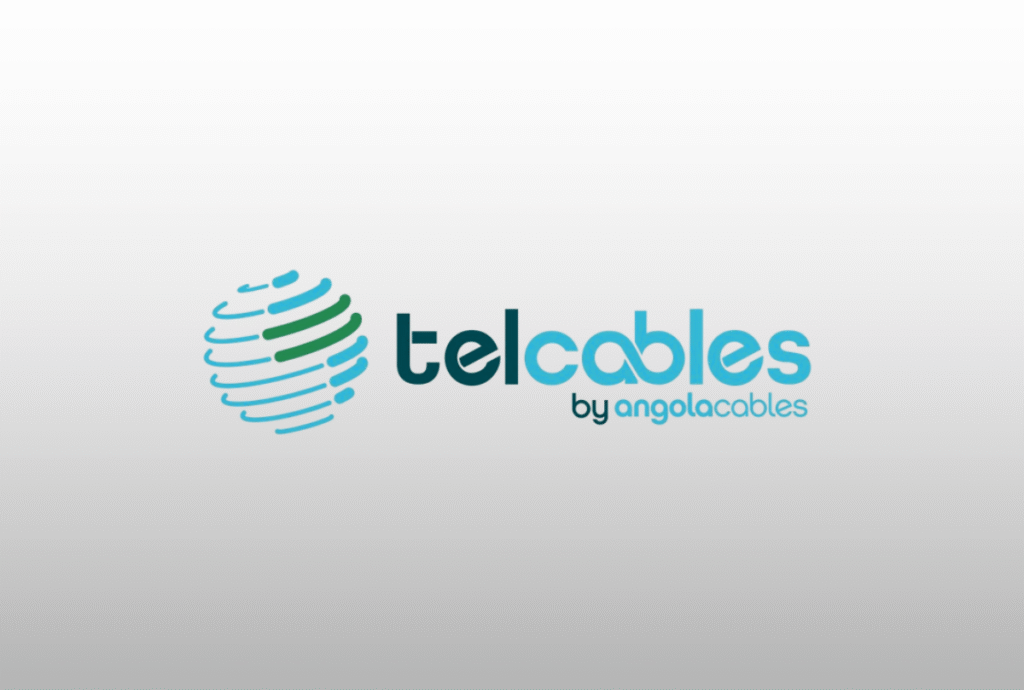
Conclusion
TelCables Nigeria’s message at AfPIF 2025 is clear: West Africa cannot afford to delay the adoption of remote peering. The stakes are too high. Without it, the region risks remaining dependent on costly international networks, slowing down innovation, and widening the digital divide. With it, however, the possibilities are immense—faster connections, stronger businesses, empowered citizens, and a digital economy that competes globally.
The question is no longer whether remote peering works; it is whether West Africa will act quickly enough to take advantage of it. The next few years will be critical. What happens in Lagos this week at AfPIF may well determine the shape of the region’s digital economy for decades to come.
As one Nigerian entrepreneur put it during a panel discussion:
“Connectivity is not a luxury anymore. It is the backbone of everything. If we fix this, there’s nothing stopping West Africa from being the next big digital powerhouse.”
TelCables Nigeria has sounded the call. Now, it is up to policymakers, businesses, and citizens to answer it.
Join Our Social Media Channels:
WhatsApp: NaijaEyes
Facebook: NaijaEyes
Twitter: NaijaEyes
Instagram: NaijaEyes
TikTok: NaijaEyes


